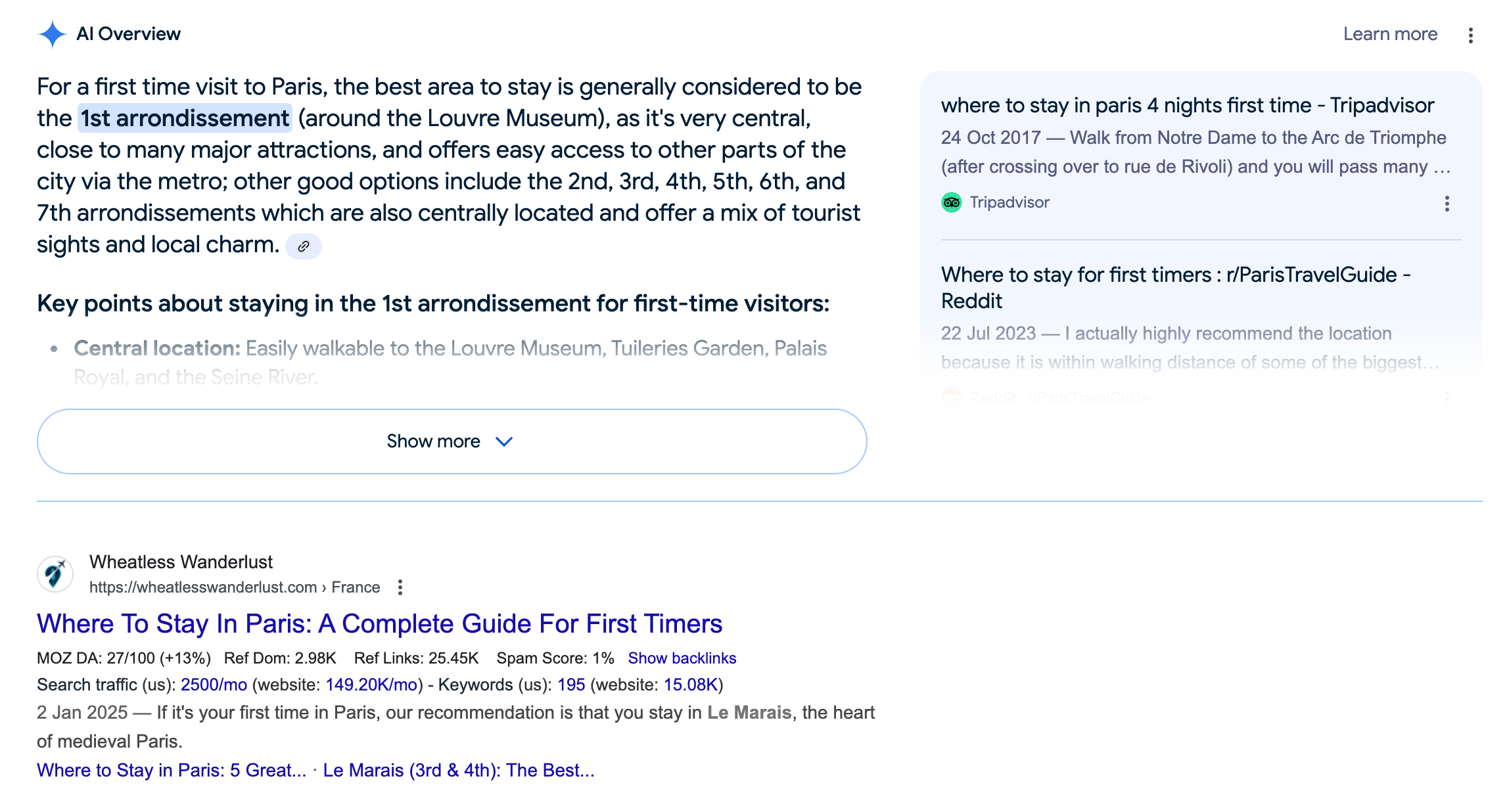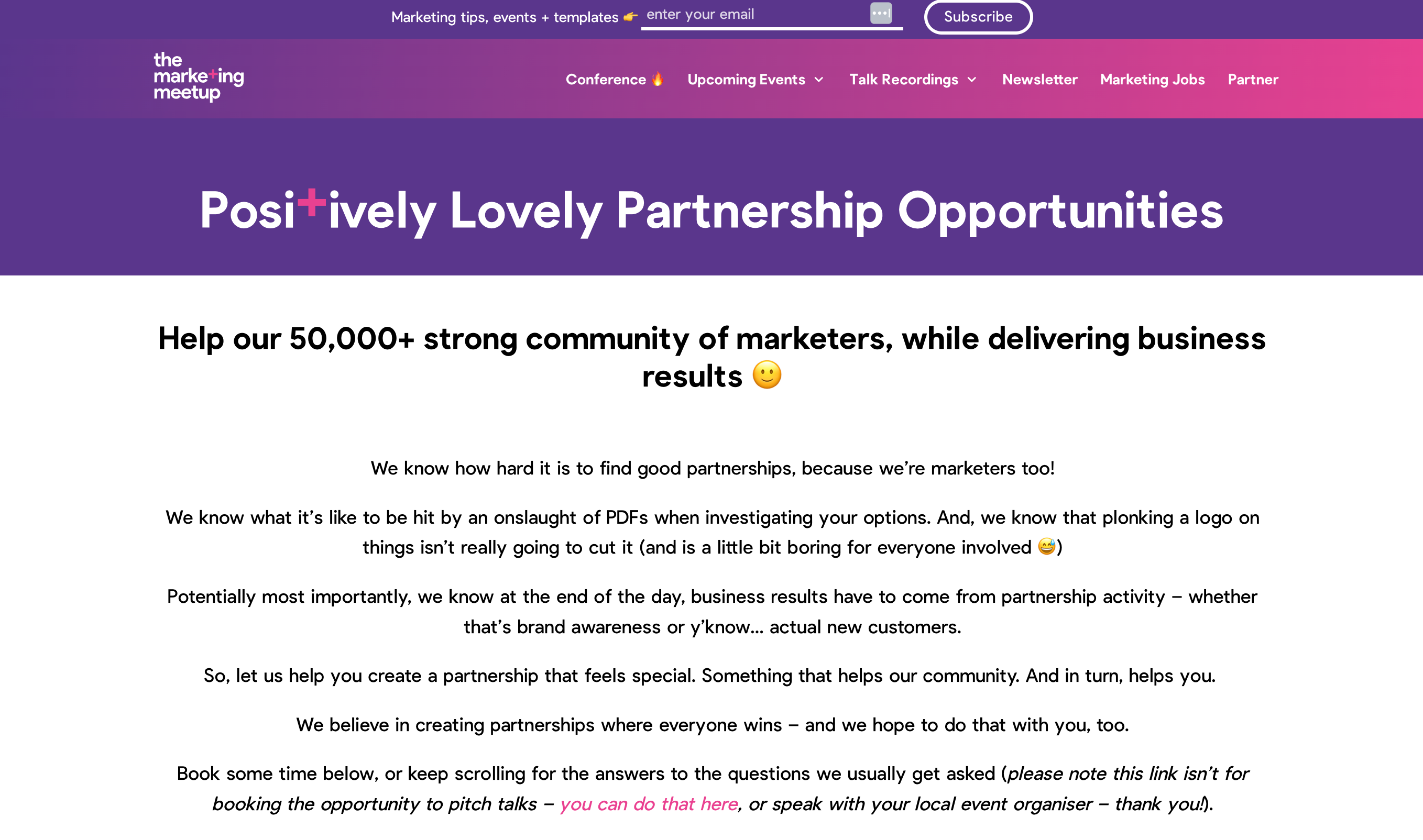From the rise of generative AI platforms to the growth in social search, technology is reshaping how consumers find and engage with brands. Despite this, human connection will remain paramount in 2025, with more brands finding success via community marketing, employee advocacy, and creator partnerships.
Marketers must balance AI’s efficiency with the authenticity that consumers demand while leveraging holistic measurement techniques such as Marketing Mix Modelling (MMM) to optimise performance in what could prove to be a tough economic climate.
Here we cover six key trends that will have a big impact in 2025, which are:
- Gen AI and social search disruption
- The continued rise of zero-click search
- Growing MMM accessibility
- The community marketing opportunity
- Balancing AI and authenticity
- Human perspectives and employee advocacy
Gen AI and social search disruption
Consumer search behavior is undergoing a profound transformation based largely on the integration of generative AI into search. Today, around 45% of searches trigger AI-generated overviews directly on search results pages.

This reduces reliance on traditional click-throughs as more users get answers directly on the SERP, but introduces challenges like potential inaccuracies and reduced consumer trust in AI, pushing users to seek alternative platforms for trustworthy answers.
New concepts such as Generative Engine Optimisation (GEO) will continue to gain traction as brands rethink how they build organic visibility in an environment disrupted by answer engines such as Perplexity and ChatGPT.
Furthermore, platforms like TikTok and Reddit are increasingly seen as vital search tools by younger searchers, with nearly 40% of Gen Z users using TikTok or Instagram over Google for searches.
To remain competitive, brands must adopt a holistic approach to search that spans multiple discovery platforms, as well as starting to assess “share of model” to measure their visibility not just on Google, but on LLMs too.
Zero-click search
Zero-click searches are fundamentally altering how brands approach search engine optimization (SEO). In 2024, fewer than 60% of tracked searches on Google resulted in a click.
For SEO practitioners, this means fewer users clicking through to websites, making traditional traffic-based metrics less relevant for evaluating success.
Brands should now shift focus towards long-tail, question-based keywords, leverage structured data markup to improve SERP feature eligibility and inclusion in AI generated responses.
More broadly, this shift demands a holistic view including brand marketing and PR. Exceptional content marketing and SEO remain effective, but the potential traffic is dwindling each year.
The brands who stay visible and relevant in a zero-click world will be those who diversify beyond Google.
Growing MMM accessibility
Media fragmentation, tighter budgets, and privacy regulations are driving a renewed focus on media effectiveness in 2025.
Marketing mix models (MMMs) have long helped brands identify what drives business outcomes, but the demand for actionable, granular insights is surging.
Once complex and expensive, today’s MMMs are faster, more accessible, and provide a holistic view of cross-channel performance. They now integrate with methods like incrementality testing to deliver more granular insights, helping marketers refine their strategies.
The launch of Google’s Meridian—an open-source MMM with access to Google and YouTube data provides an accessible solution for performance advertisers.
To succeed in 2025, brands must develop a holistic measurement framework covering attribution, MMM and incrementality. By continuously experimenting and optimising, marketers can unlock the full potential of each channel.
Community marketing
Community marketing will become a more powerful strategy for brands in 2025, offering opportunities far beyond traditional social media engagement. In a recent survey, 44% of marketers identified building or collaborating with communities as a growing trend for the year ahead.
These communities can take various forms, from exclusive mailing lists to closed online groups or even podcast communities. These spaces create deeper loyalty and engagement, making communities a valuable long-term brand building opportunity for relevant brands.

To leverage this trend, brands should look to understand their audience’s interests, identifying topics and communities that resonate with your followers beyond your brand’s immediate scope.
For example, partner with creators, local influencers, or relevant brands to amplify community-building efforts, such as hosting events or creating co-branded content.
Balancing AI and authenticity
As artificial intelligence continues to grow, a significant 71% of marketers believe balancing AI’s capabilities with a human touch will be a key challenge in 2025. While AI offers efficiency and scalability, concerns are growing about its impact on trust and connection.
Backlash against AI-driven marketing is already evident in some areas. Poorly designed AI chatbots, for instance, can deliver frustrating customer experiences, while creatives have voiced concerns about being replaced by AI-generated content. These issues underline the importance of using AI as a tool to enhance, not replace, human-centric marketing.
AI can support personalisation at scale, streamline processes, and free up time for marketers to focus on creativity and strategy.
In a world increasingly influenced by technology, the brands that successfully balance AI and authenticity will lead the way.
Human perspectives and employee advocacy
In an era dominated by AI-generated content, consumers are increasingly turning to each other for trustworthy advice, particularly when researching products and services.
This shift is driving brands to embrace user-generated content (UGC) and employee-generated content (EGC). Social feeds are becoming less polished and more authentic, filled with “social proof” that highlights real experiences with products, services, and workplace culture. These raw, relatable stories help brands build trust and foster stronger connections with customers.
To adapt, brands should empower employees as creators, and encourage unique, shareable experiences that inspire audiences to engage organically on social platforms.
In 2025, authenticity and human connection will grow in importance as consumers grow weary of AI generated content across the web.
👇Download PDF version👇
If you’d like to share this content as a PDF please click to download the report below.





